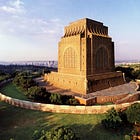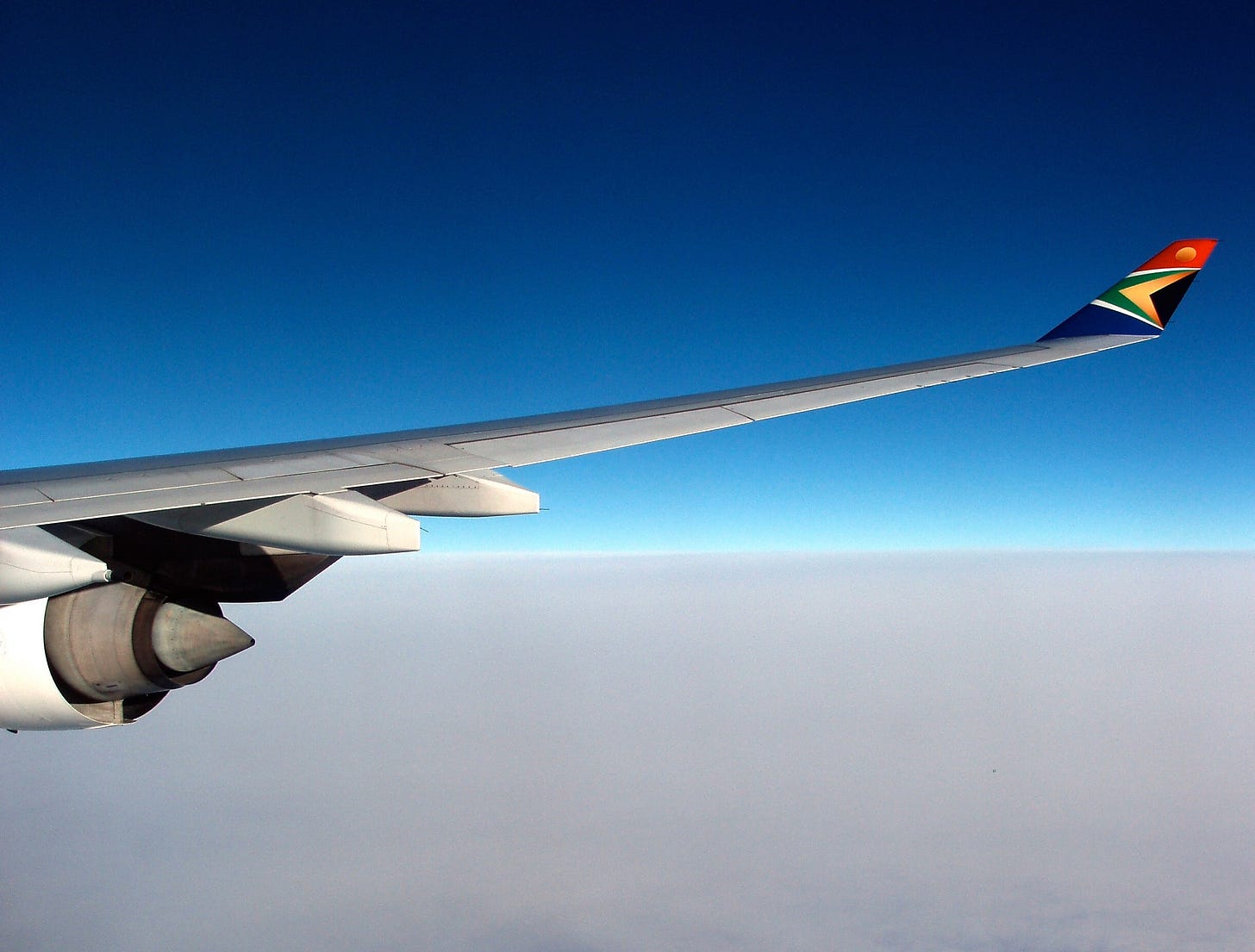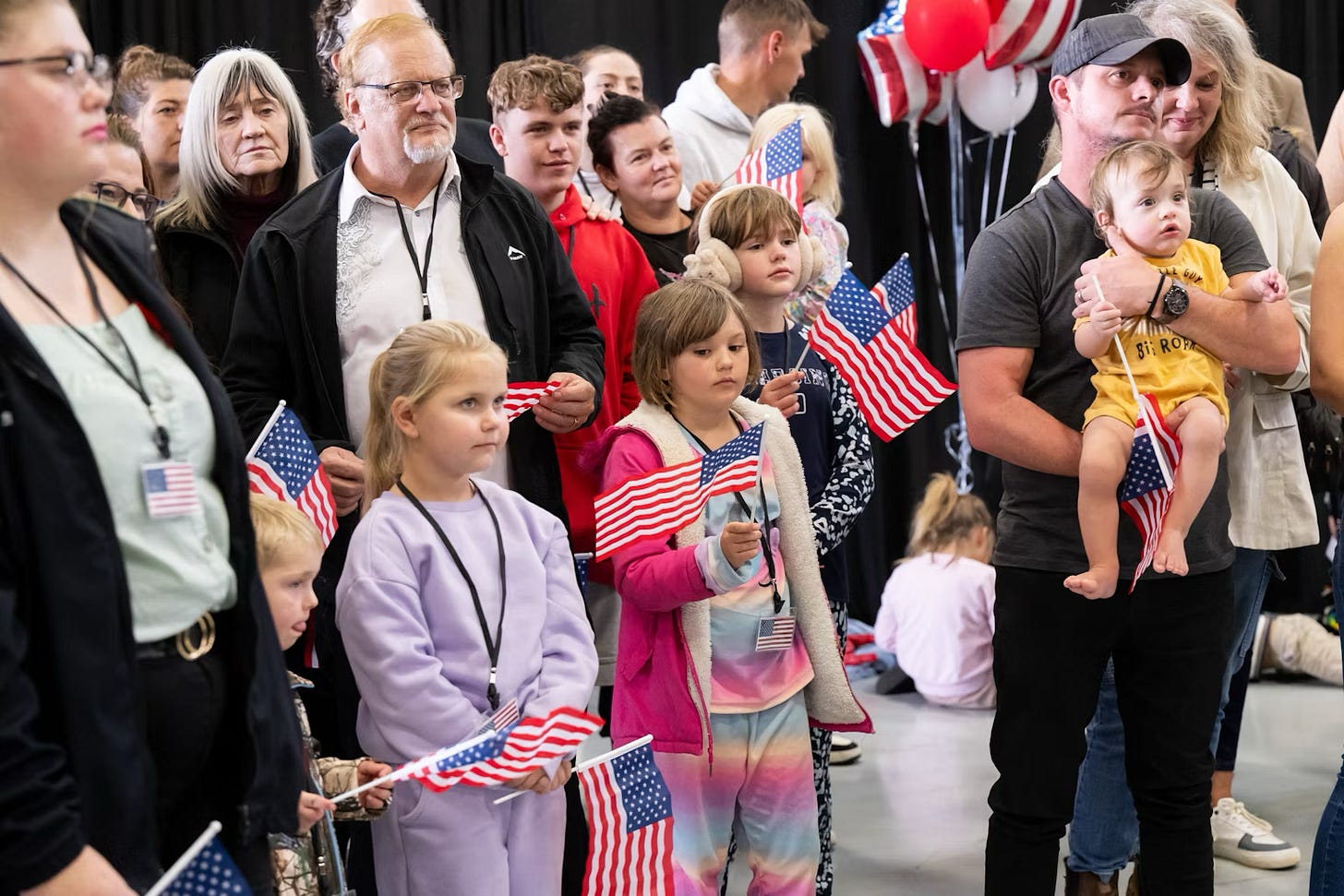America Asylum as Afrikaners Arrive
SA expat endeavors to explain her experience emigrating
Several friends have contacted me to ask my opinion on the resettlement of the first 50 Afrikaner refugees to the USA this week.
I’ve been guarded in responding, simply because I have so many varied and conflicting thoughts streaming through my brain that I don’t know if I can make sense of them. Here’s a try…
How we ended up in the States
In the 1990s, the US, under the instigation of Chuck Schumer, decided it did not have enough “diverse” immigrants to the country, so they enacted the Immigration Act and specifically the Diversity Visa Lottery to provide 50,000 green card visas to countries with historically low rates of immigration to the USA. My sister and her family had been entering the lottery since it had started, and in 1998, she suggested that we, too, enter. So Tim and I each sent in our entries and waited. I truly felt that I would win, and in April 1999, when I was 7 months pregnant with our first child, Jessica, I received notification that I was about the 28,000th winner and would receive more information in 2000.
The more information was duly followed a year later, and that letter specifically said not to sell anything, and to know that this was not a guarantee that we would be granted entry to the country. (Once the 50,000 visas are allocated, that’s it, so if your number is higher you stand a good chance of not getting in). Needless to say, we immediately put our house on the market, sold our belongings, and moved in with my dad as soon as the home sold. All we kept were some sentimental items, baby toys, and books.
The motivation to emigrate was incredibly strong. While all this was transpiring in our personal lives, up north in Zimbabwe, President Robert Mugabe had instituted the land reform program, which resulted in his government seizing white owned farms and invading them with parastatal vigilante groups such as the War Veterans Association.
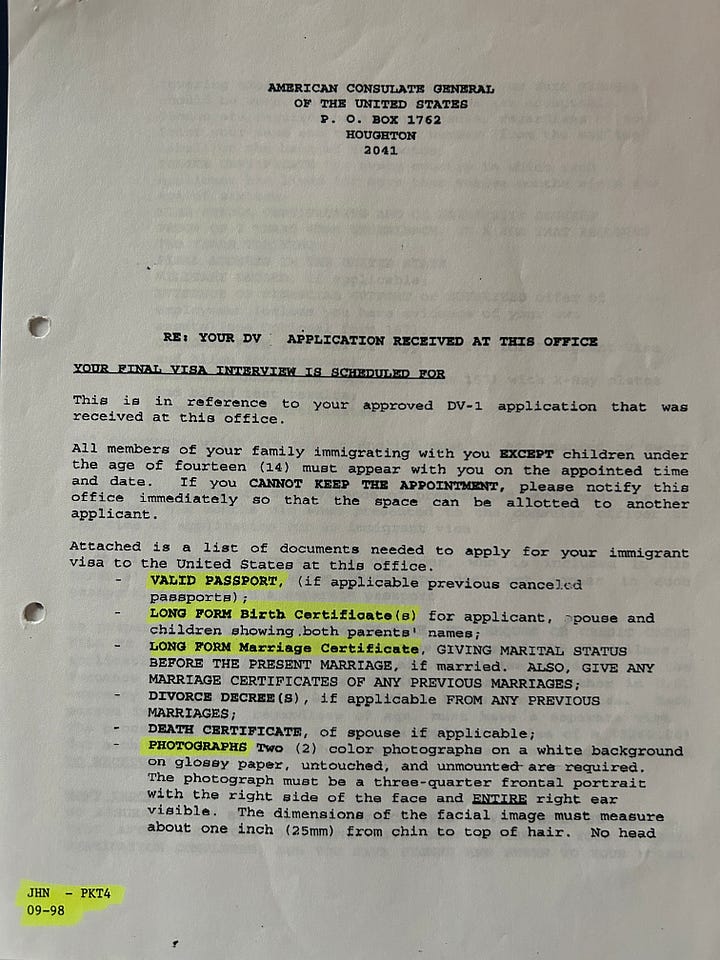
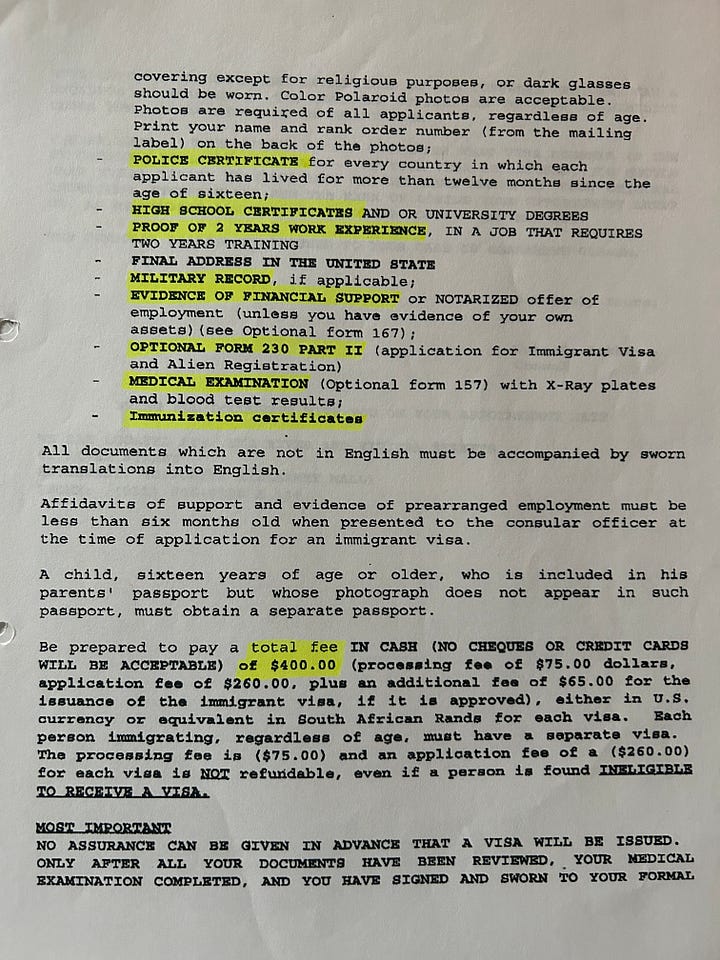
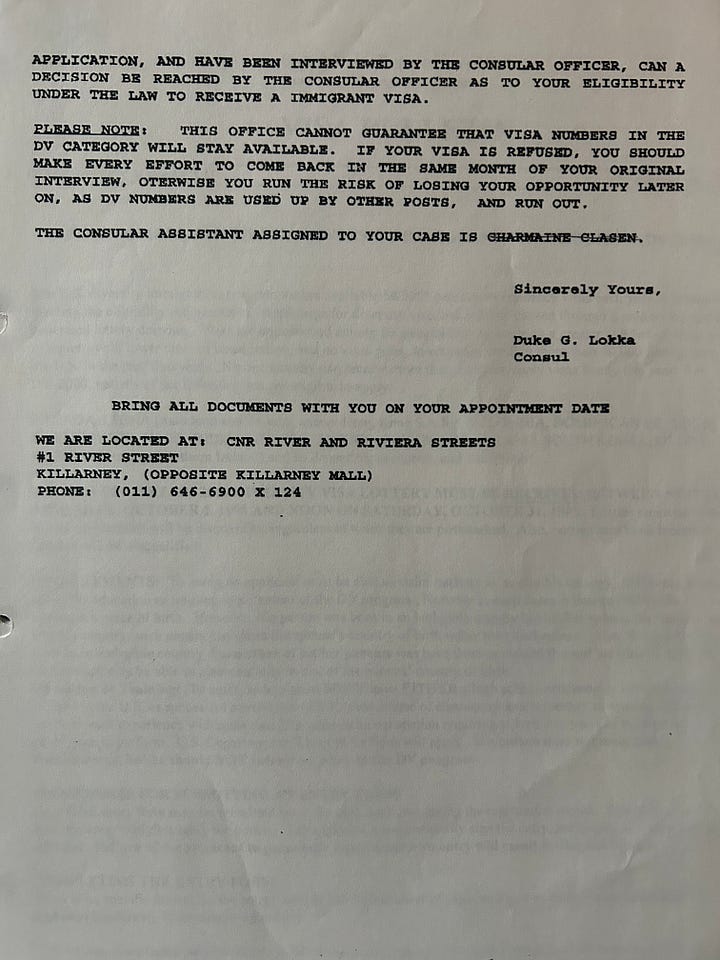
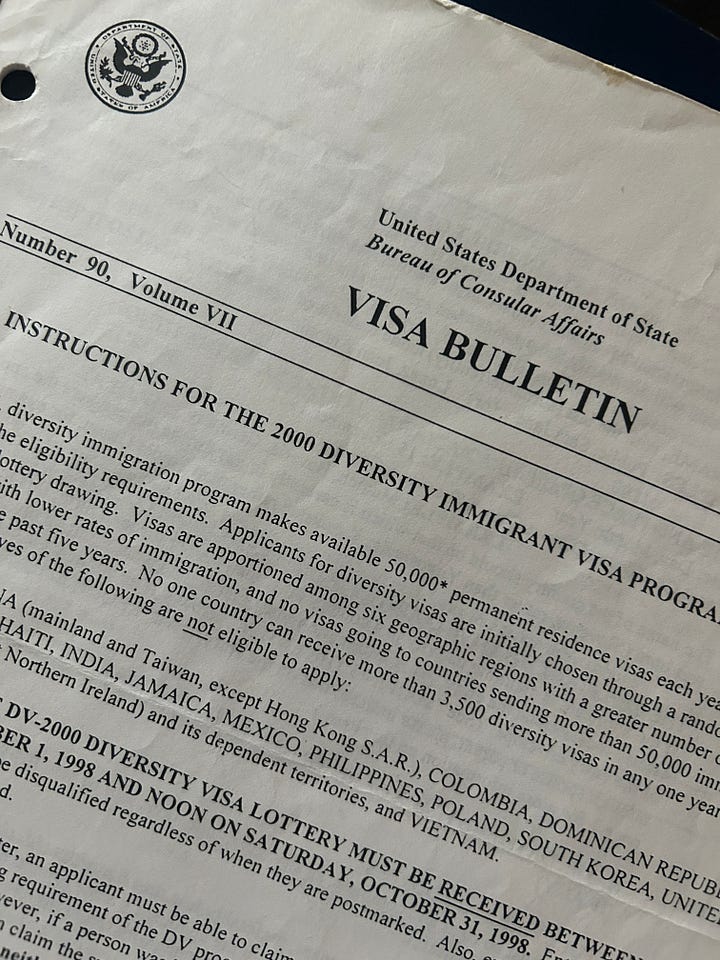
In 1994, when we got married, South Africa was a land of great hope. The country had been on the right track, and the heavy burden of Apartheid had been lifted. All parties tried to bring peace to the land, and even the extreme socialists on opposite ends of the racial spectrum came to the table. Sadly, Marxism was the flavor of the day, and Marxism became entrenched in the politics and spirit of the country.
The New South Africa
Nelson Mandela, despite his history of terror in the 60s and for which he had been imprisoned, was a force for good in SA in the 90s. He and FW de Klerk, the National Party leader, averted an outright war and should both be commended for that. However, many in Mandela’s party, the African National Congress (ANC), wanted retribution and felt that things were not changing fast enough. Mandela appeared to want a closer alliance with the West, but the ANC wanted socialism, if not outright communism. This conflict has been waging since 1994, and sadly, the chance for real change and prosperity has passed the country by, because no foreign investor wants to invest in a politically uncertain climate.
Affirmative action was also mismanaged. The law in SA states that one must have a black-owned investor for one's business at specific employee counts, or if connected to the government, etc. However, the pool of investors is just the corrupt crony politicians. You could not empower a loyal employee and give them a chance at improving their lives. You have to bring on instead a corruptocrat who often sells his stake in your business, and you are again left without the correct coloration of the company, so you have to start again. Scams abounded in those early years of the new South Africa. When we were still there, we invested in RAD bank shares on behalf of the char who worked for us once a week. We thought that she would have a little nest egg once we left the country, but no, instead, the bank was defrauded, and the company went bankrupt, and thousands of people were left poorer than before.
Compounding this, armed robberies and gratuitous violence became rampant. Gangs of men would invade houses and businesses, shopping centers, armed vehicles – anything that showed the possibility of some cash. Around us, neighbors were attacked and killed, my father’s business partner was bludgeoned to death about ½ hour before I arrived at their office, my father and sister were held at gunpoint in different attacks, friends’ parents were shot and killed. Car hijackings became commonplace. None of this was because of race, the attackers didn’t care about the color of one’s skin, they were there for the goods. The isolated farmers fared even worse than the city folk; Many believe this was politically motivated to foment fear and also to raise funds during election years.
So, when the offer to emigrate arrived, we jumped at it. Our interview with the US consulate was on 13 June, and after a mild hiccup (an expired police clearance certificate), we were given our travel documents on 30 June. We emigrated to New Jersey on 15 August 2000.
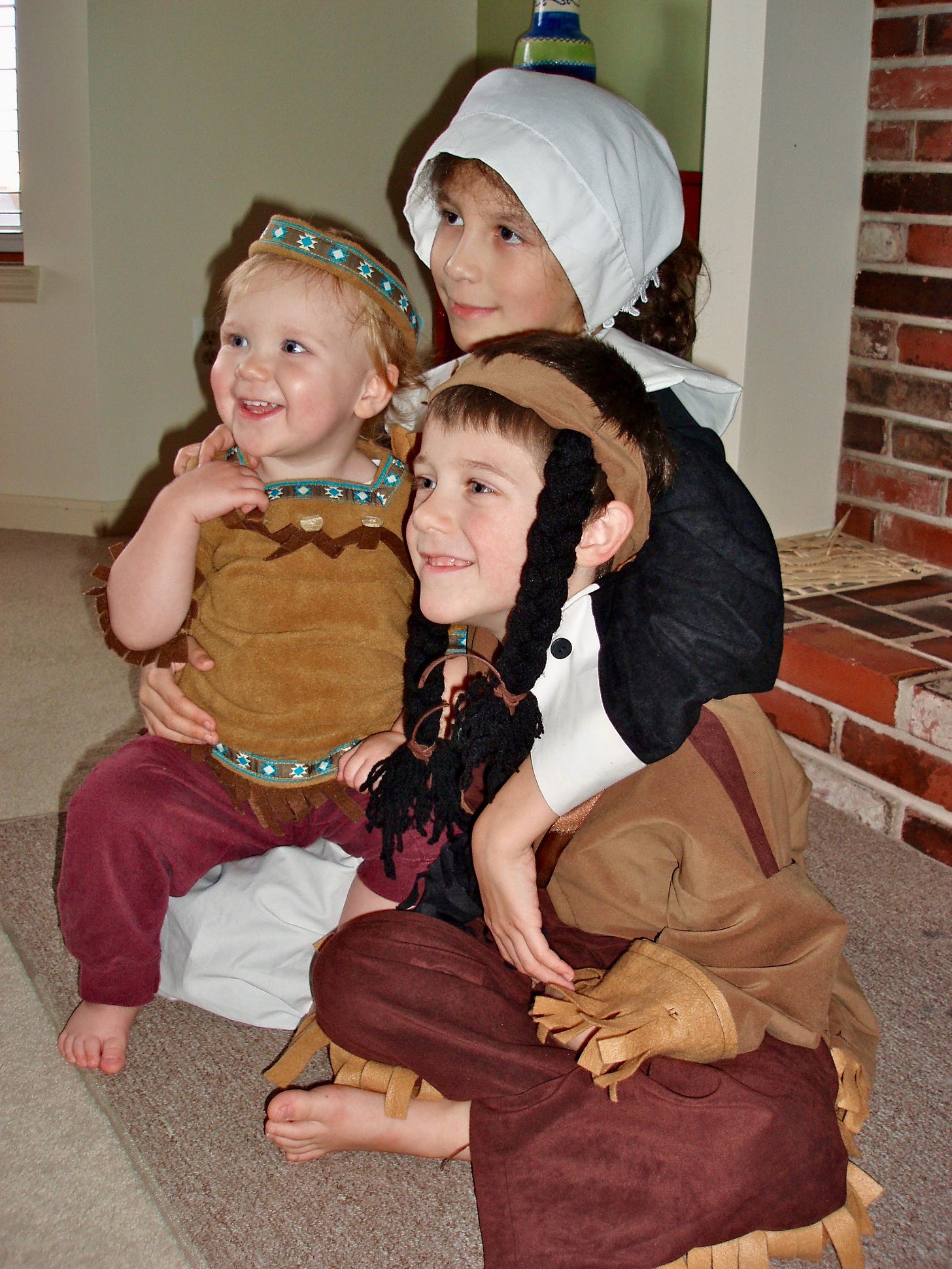
Emigrating is tough. The early years were heady and wonderful. But they were also frightfully lonely. My children suffered the most – no grandmother to watch the kids, no aunts to lessen the burden of parents, no grandfather to teach woodworking, no cousins to get into trouble with. The South African social media groups to which I belong inform me that these desperate longings are not unusual. Most of us have been broken by immigration. This, even though we love our new country and are so grateful for the opportunity to be here. We are loyal to America, and this is our land. But our roots were cauterized and our hearts ache.
The Afrikaner Refugees
I have heard several critics of the new refugees state derogatorily that they will assimilate quickly because of the color of their skin.
No, they will not.
We not only had the same skin color, we also had the same language (you speak something akin to English!). Before opening our mouths, you would think we are your typical American family. But culturally, we are worlds apart. Afrikaner farmers are even less similar than we are. They are renowned for their love of their land, and in many cases, their families will have been on that land for generations. It will amaze me if most of the refugees stay here, despite the grave dangers they escaped back home.
It is suitable for them that they are coming in the spring – the winters will be killer for them, depending on where they move to. South African winters are more like a good fall day with crisp mornings, but you can work in short sleeves for most of the day. The Afrikaans farmers are used to being barefoot and wearing shorts all year round. American winters take your breath away; the beauty is stark, especially when it has snowed, but the cold gets into your bones. Snow for a South African was an alien flurry every decade or so. The early winter darkness is bound to give them seasonal depression,
If these families settle on farms they will be in for a huge surprise there too. In SA, labor is cheap and plentiful. There are far more workers than jobs, with an official unemployment rate of 34% (unofficially, it is much higher). I would assume that American farms are way more mechanized, given that labor is scarce and expensive. If the refugees become laborers, someone who used to be a boss is suddenly the help – that takes a lot of getting used to.
I shudder at the prospect of those children's schooling. I hate to think of the Marxist influence they will experience and be manipulated into assimilating. From appearances, none of the kids we saw this week had funny-colored hair or seemed confused about their genders. How long will it take to change that when these children come in from a foreign land and struggle to fit in?
Then, I worry too for South Africa. The critics again have been saying that it’s nothing to lose white farmers and easy enough to replace them. It is not a simple process to take someone who has never managed a farm and put them into a situation like this. Sure, there might be a few black farmers who have experience and can do it. But, how many are there? Who is there to understand the quirks of the land, animal husbandry at scale, contracts, purchases, sales, processes? Farming is not a cakewalk. This knowledge will now be lost. If a vast number of white farmers leave the country, what happens to South Africa? What if this leads to a famine in this beloved land?
Elon Musk, when asked by the ANC to help SA apparently told them that he would only help if the Apartheid style race laws were removed from the country’s books. Musk is right, it is time to see every South African as an equal human being. Apartheid is never right, no matter which group is codifying it. While they are fixing that, they also need to remove the ridiculous gun bans. South Africans are not free to defend themselves. If the common citizens were armed the criminals would not take advantage to the extent that they do. Any South African caught defending themselves against a criminal is automatically locked up, regardless of the situation. This also has to change.
I pray for the people of South Africa; the overwhelming majority are good and kind, eager to help, quick to laugh. There is very little animosity between the races on a day-to-day basis. The entire population is struggling under their corrupt Marxist government.
I pray too for these new residents in America; I pray they can settle well and quickly, that their families remain intact through the trauma of it all, and perhaps one day, when South Africa’s leaders embrace fair laws and the criminals stop their violent attacks, that they are able to go back home to the land they love.


